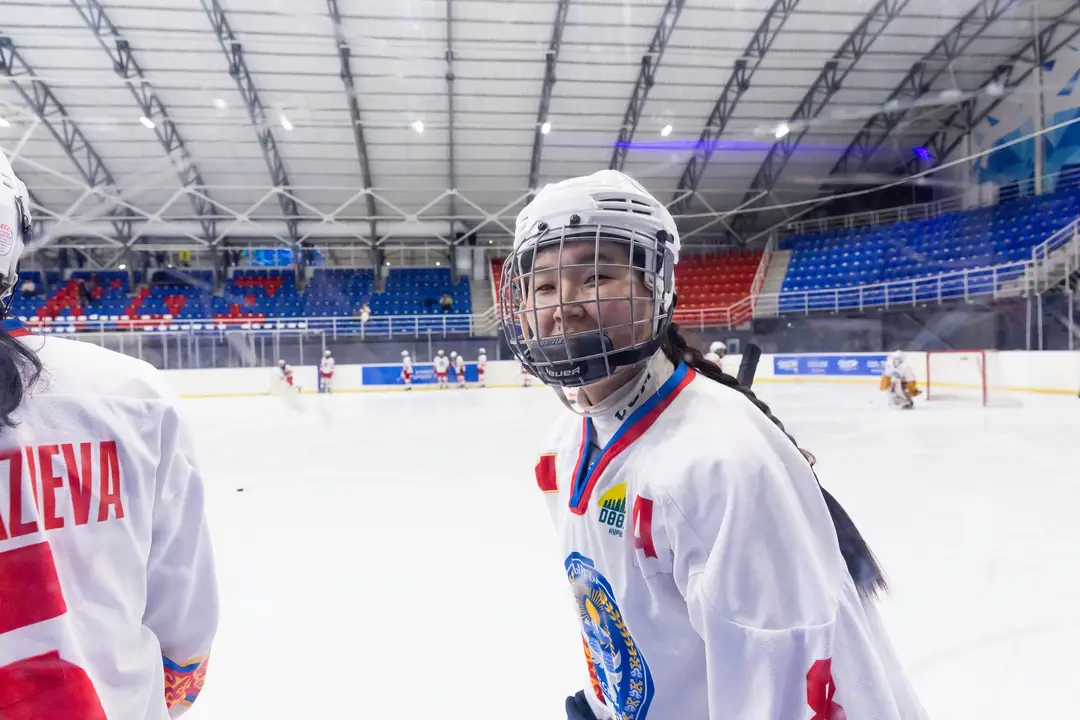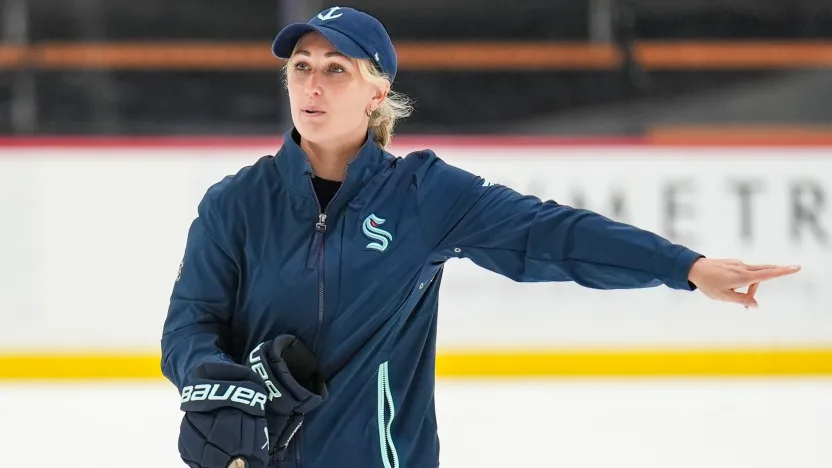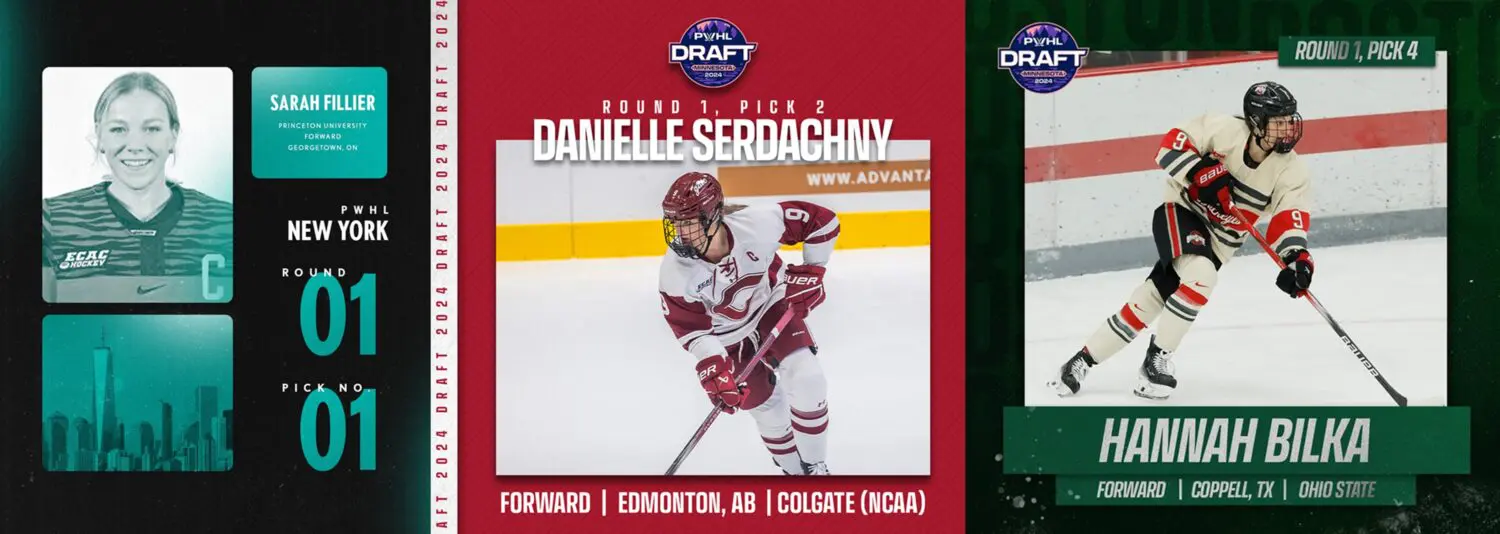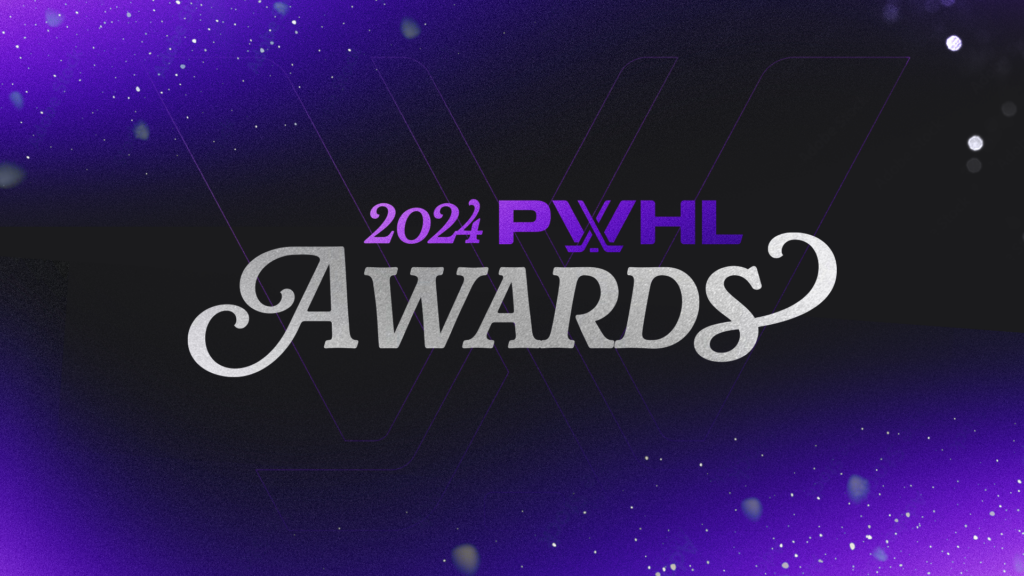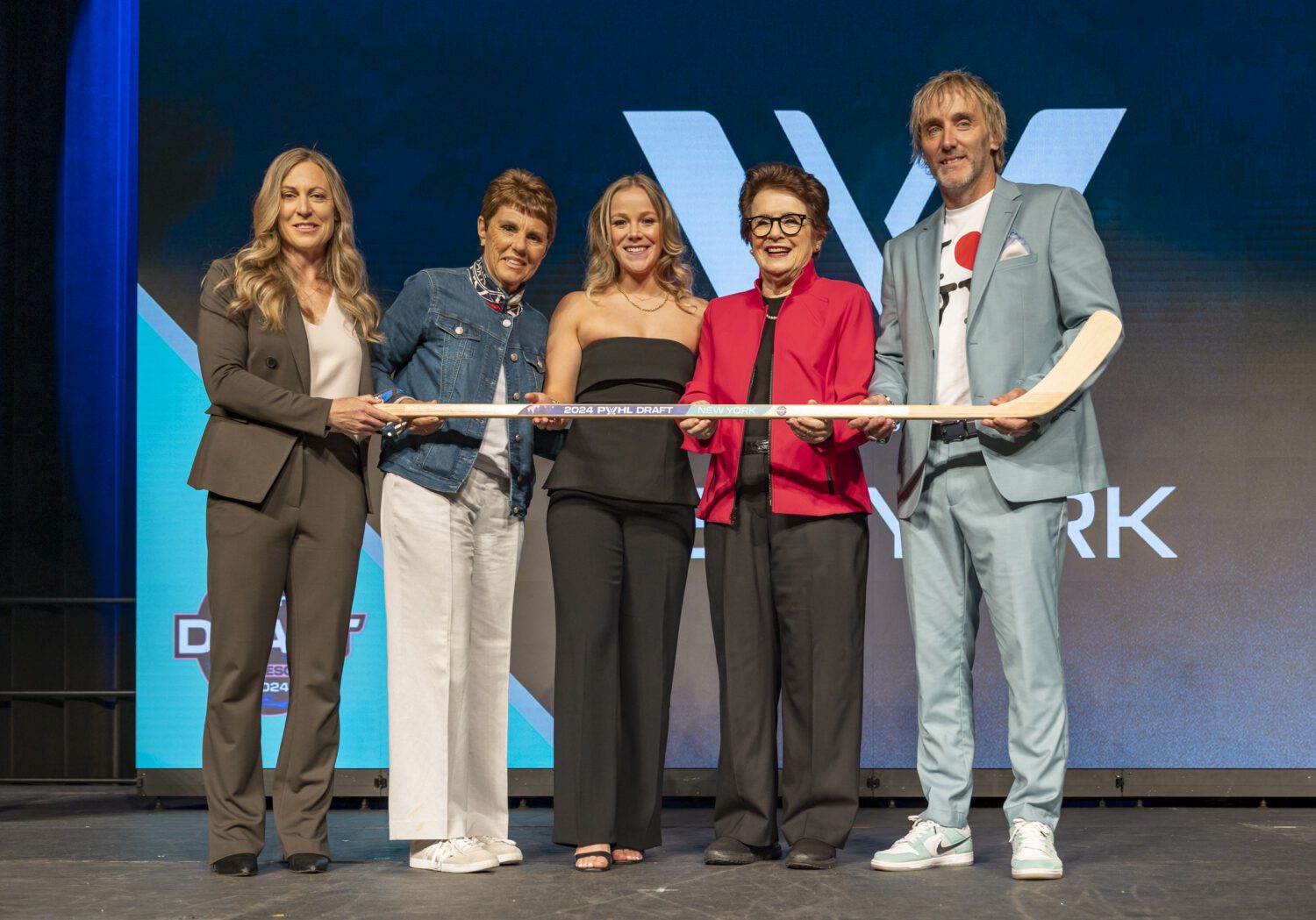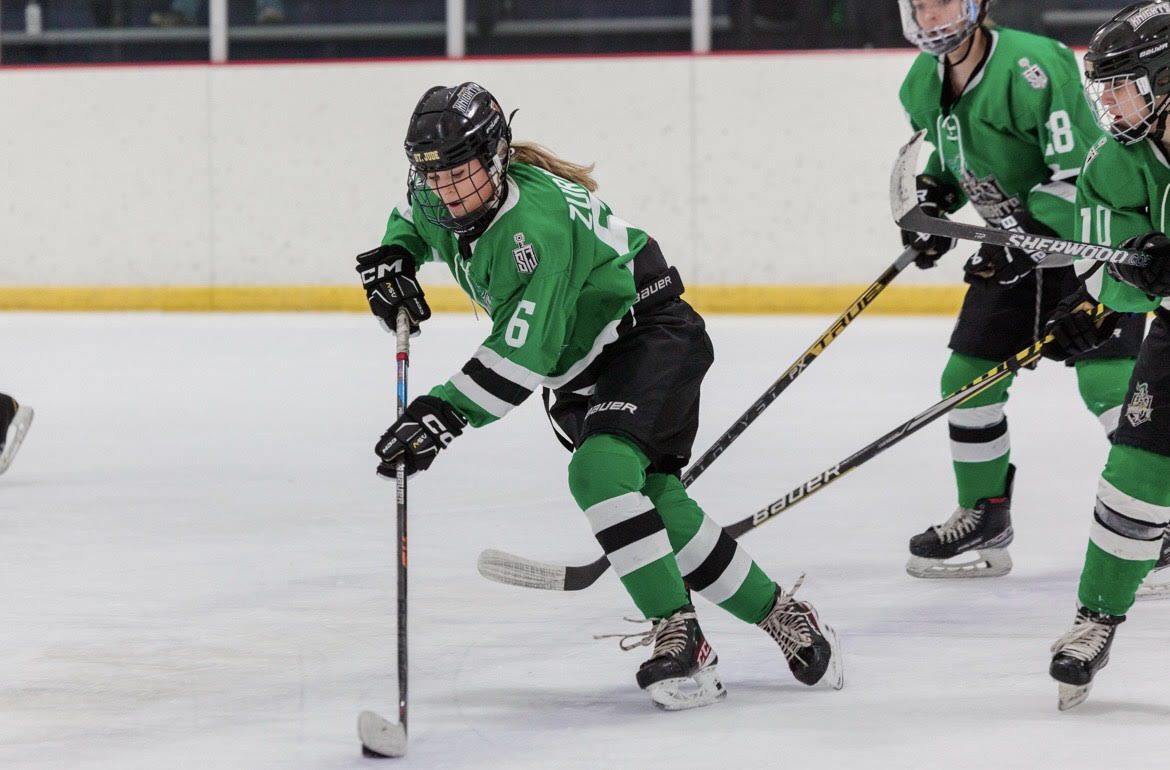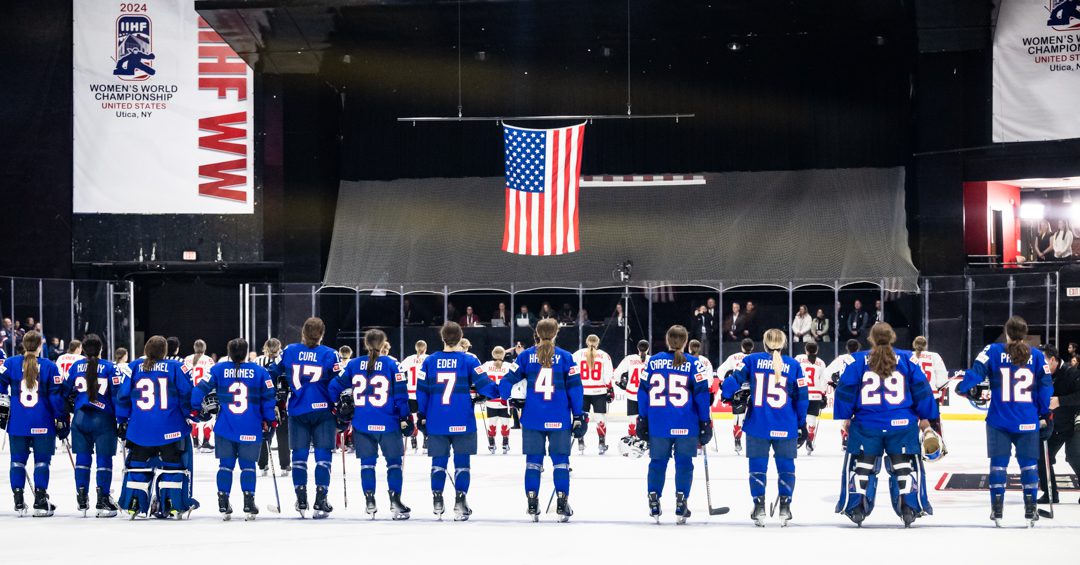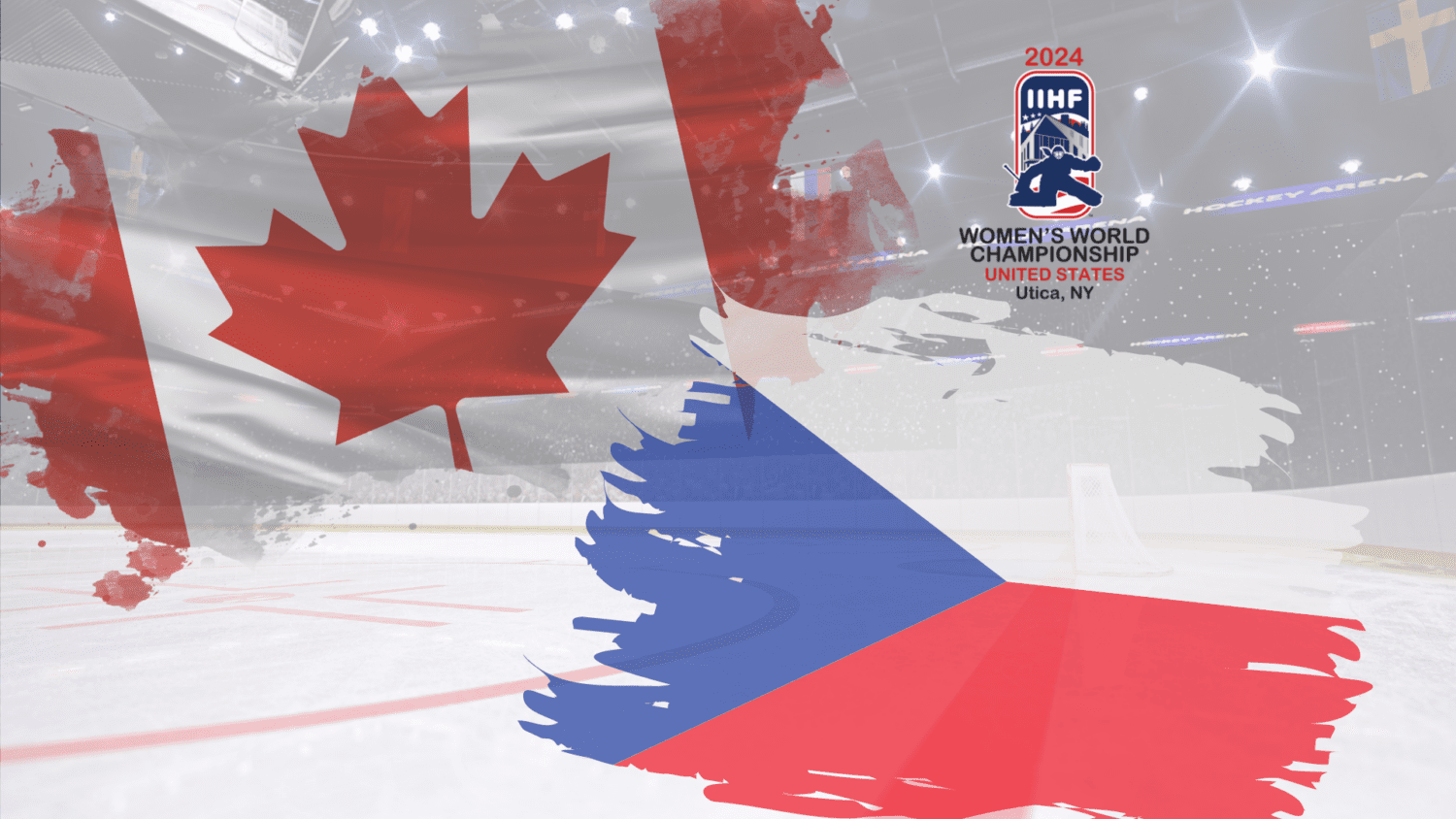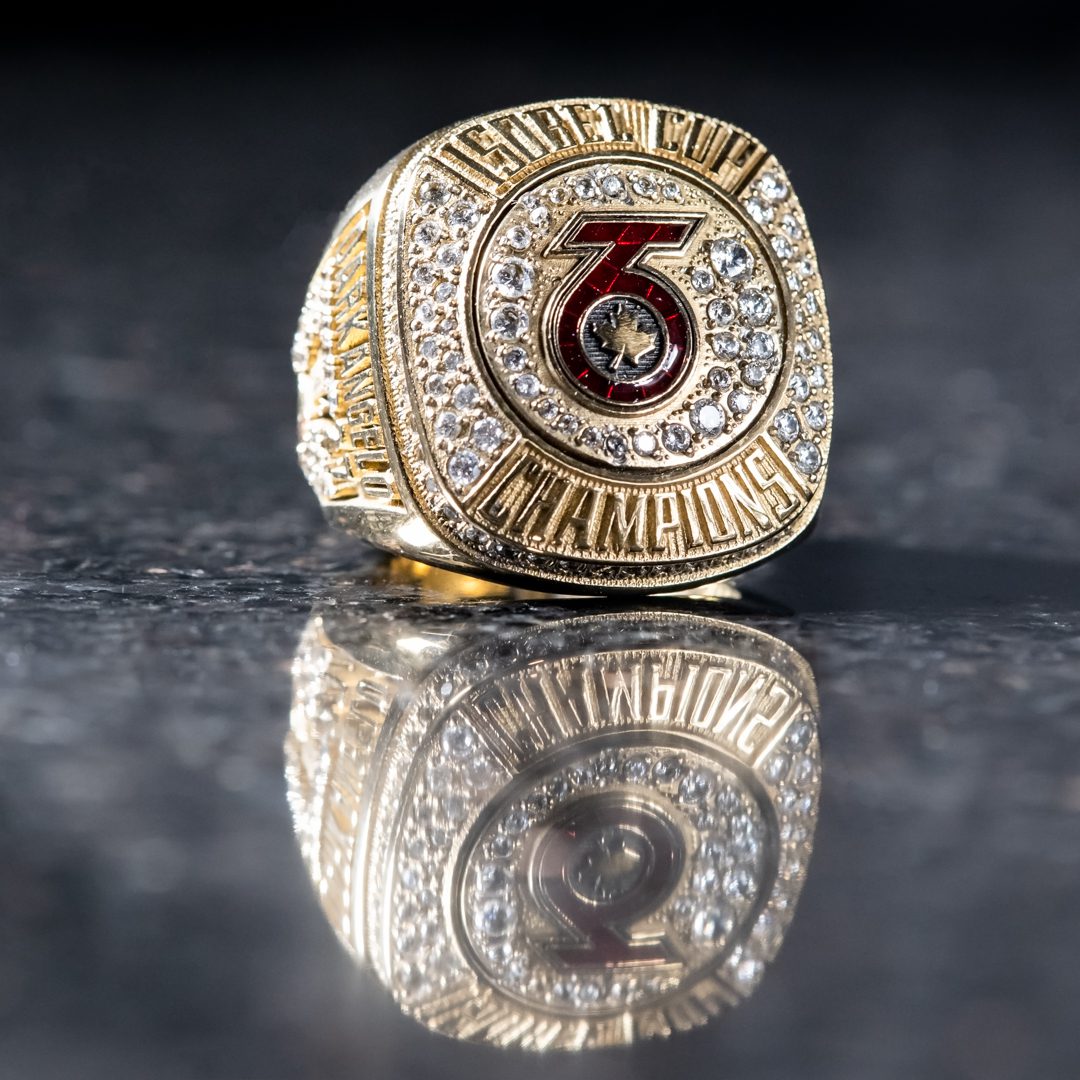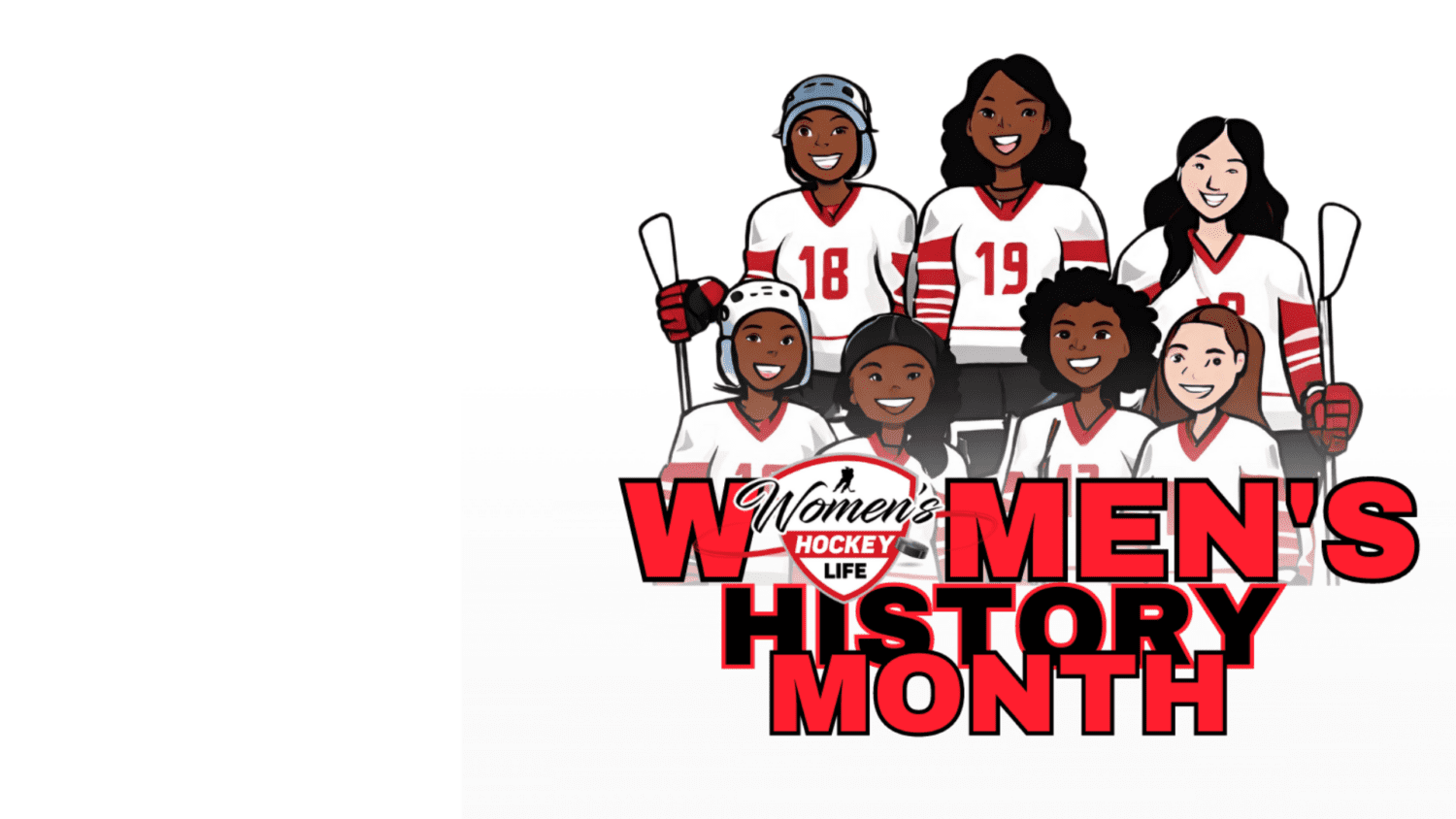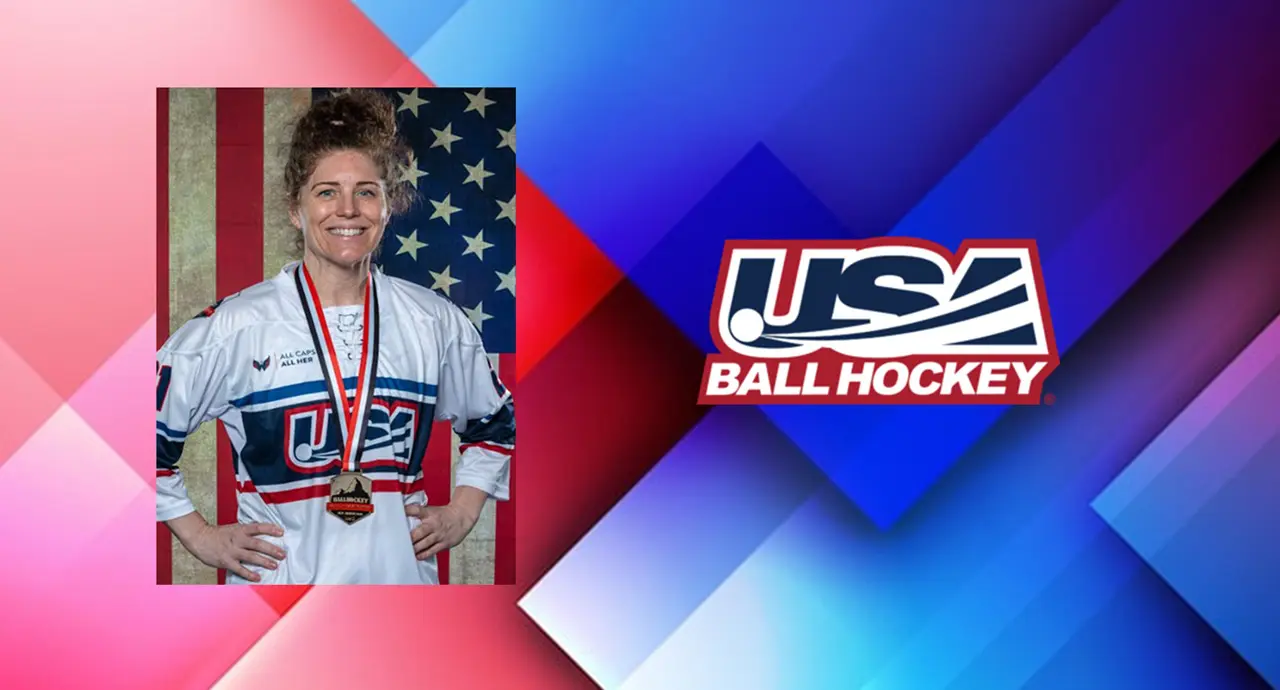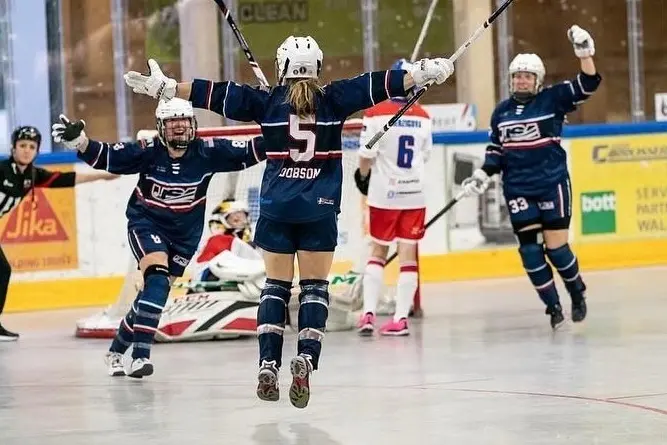I truly enjoy receiving messages, e-mails and comments about my posts. I do my best to reply to all and often, the questions I receive really make me re-think what I have written. Interestingly, the most commented on and contentious post I have written was Six Reasons Why You Need to Dump the Puck in More. YIKES!! From the comments I received you would have thought I was trying to stunt the growth and development of every young hockey player on the planet. I was so taken aback that I had to write a follow up post the next week to defend my position (Dumping the Puck In and Player Development).
(Side note: This has gotten me thinking this week about hockey analytics. If anyone can point me to some good resources on hockey analytics, please pass them on via e-mail or DM). In particular, I am looking for articles/posts/books on statistics that are helpful to coaches rather than helpful to team management (i.e. zone entry statistics rather than salary cap analytics).)
Anyway, I received a terrific DM from a young coach in Western Canada last evening. He was asking about coaching development and if I had any advice. It was a thoughtful message and one that I thought deserved an answer that might be beneficial to a wider audience of young coaches.
So, if you are a young coach looking to “move through the ranks”, here is my advice:
1) Get all the certifications you can. There are two great benefits to this. First, you are going to learn a lot. I know a lot of “experienced” coaches bristle at the thought of having to sit in a classroom and learn about the game of hockey but, there is a lot to learn and Hockey Canada has put together some excellent certification course materials. It is ALWAYS well worth the time spent. Second, you get certified! As more coaching positions demand some sort of certification, this is just a no-brainer.
2) Make connections. Seek out good coaches to talk to. Ask if you can come and watch their practices (and take notes!!). Prepare questions to ask when you have a chance.
3) Watch other team’s/coach’s practices. Diagram the drills you like. Watch how other coaches “choreograph” practice. Note how they move from one drill to another, how they move through a progression of drills. Make notes about what they might do that you don’t like so that you avoid doing those things..
4) Making connections will find you a “mentor”. It may not be a mentor in the formal sense of the word but, you will undoubtedly find one or two experienced coaches who will enjoy the relationship and help you in your coaching career.
5) Be a volunteer coach. Every coach I know would like to have help of some kind. Whether it’s videoing games, keeping statistics, pushing pucks in practice or, you never know, being an assistant coach. Volunteering to help a coach who you feel you will learn a lot from is a great way to get your foot in the door and become a better coach.
6) Read. Books about hockey, coaching biographies, books on leadership, leadership in business, mental skills, books about other sports. I always keep a pen/highlighter with me when I am reading these types of books and I dog ear the good parts. I will often go back to re-read good passages/pages.
7) Make a professional development (PD) plan. Create a roadmap of PD for the next four months/six months/one year/three years. What can you do to make yourself a better coach?
8) Attend a conference. There are lots out there. Always worth the investment in time and registration fees.
When I finished my playing career at the University of Toronto, I knew I really wanted to get into coaching. I had been coaching baseball for about eight years at that point, at all levels, and found coaching to be a great challenge and something I really wanted to do. If I could have a do over, I would have liked to not have an “I know everything” attitude when I started. It took about five years before I worked with a coach who truly “knew everything”. He changed the way I looked at the game, how I coached, how I related to and instructed players. I literally re-evaluated every assumption I had about coaching hockey. Now, heading into my 32nd year as a hockey coach, I still do all of the things listed above (well, maybe save for volunteer coaching!). And I find all helpful in further understanding the game and the way I approach coaching.
[adrotate group=”1″]
Related Articles
Categories
Recent Posts
[adrotate group=”2″]

